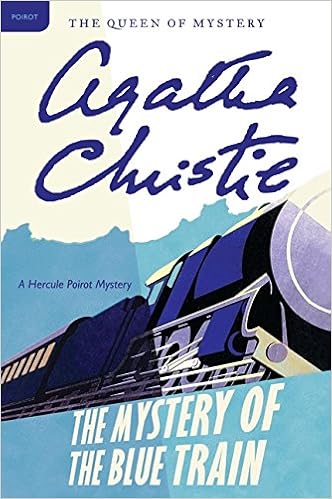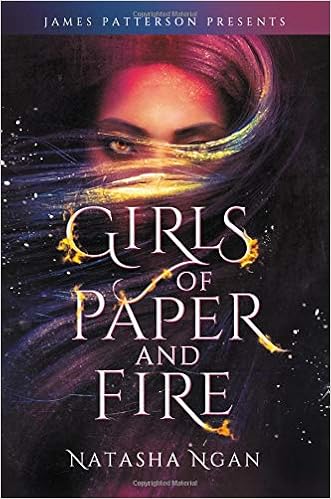About four years ago, I read Marie Lu’s Legend trilogy and it was utterly unremarkable. I’m sure I thought it was okay at the time, but the fact remains that I don’t remember a single plot point or character from any of the three books. The one thing I can recall is that I couldn’t tell what gender the romantic interest was for the entirety of the first book, and that I was shocked to learn that he was male.
With this in mind, I had no expectations when I picked Warcross up off a desolate, 80’s-sci-fi-populated shelf in a health center lobby. It was simply the only book that appealed to me at face value, and as many people do, I judged it based on the cover.
Warcross centers on Emika Chen, a teenage, rainbow-haired hacker from NYC who can’t pay her rent and instead resorts to work as a bounty hunter, tracking down those who choose to gamble on worldwide sensation and household-name VR video game Warcross. Looking for more cash, Emika accidentally glitches herself into the opening night of the Warcross Championships (think a crossover between competitive gaming and the Olympics, and with more futuristic virtual reality). Fearing punishment, she ends up being sent to the corporation that produces Warcross, where young CEO (and Emika’s childhood celebrity crush) Hideo Tanaka asks her to find a worm in the championships’ security.
I don't have much to say about Hideo. Didn't really care for him. Like, okay, you're hot, rich, and you have a dog. So? reads my Goodreads review for Warcross, and I can’t say that my opinion has changed, two books and way too many chapters later. Though it also deals with the moral crisis of what it means to be truly “good”, Warcross is, at its heart, a love story, which honestly kind of sucks. Warcross and its sequel Wildcard’s fatal flaws rest in the fact that the supporting cast are just so much more interesting than the main characters. While Emika’s internal issues are tiring and even boring to listen to at some times (“I like this guy but I don’t like what he’s doing! Oh no, he has immense political power!”, over and over again), the colourful side characters provide a look into how insanely good this duology could have been. I enjoyed every look into the lives of Emika’s championships team and other members of the secondary cast (special shoutout to her competitive rival Tremaine Blackbourne for being the most complex and interesting character in this world full of utterly uninteresting personalities).
Now that I’ve trashed what I hated for a whole paragraph, let’s get on to what makes this book one of my favourite dystopians - the actual plot presented and the world-building had me excitedly anticipating the release of Wildcard. Too often dystopian plots boil down to “main character works for government, realizes they’re corrupt, rebels against them” (off the top of my head, The Hunger Games, Divergent, and The Maze Runner all fit this description to a T). Though some of these same tropes are present, more importantly, Warcross presents a conflict based in the influence of technology on our lives, and how free will moulds our perspectives and identities. The world-building Lu does is phenomenal as well - throughout the novel, as Emika goes through levels of the game, Lu’s vivid setting descriptions provide wonderful and imaginative imagery.
Wildcard I can’t say much about without spoiling Warcross, as the story relies heavily on the events of the first book, but I will say that it was my favourite of the two. The plot and character developments made in it were everything I wanted Lu to give me (more Tremaine included), and that she did. Many YA dystopians are stretched into trilogies for monetary reasons or movie adaption purposes and end up being weirdly paced, a problem Lu does not have. The Warcross duology combines fast-paced action scenes and internal stream-of-consciousness monologues to paint a compelling narrative of what makes us truly independent and human.
At face value, the Warcross duology presents a dull and uninteresting main romance, but just behind the curtain is a riveting tale of moral complexity with an interesting, captivating set of supporting characters and subplots.
A similar book you might enjoy if you liked Warcross is the Shatter Me series by Tahereh Mafi - another unique take on the YA dystopian trope with complex character motivations and subversions on typical tropes.
- By Ari Vishin, Homestead junior






